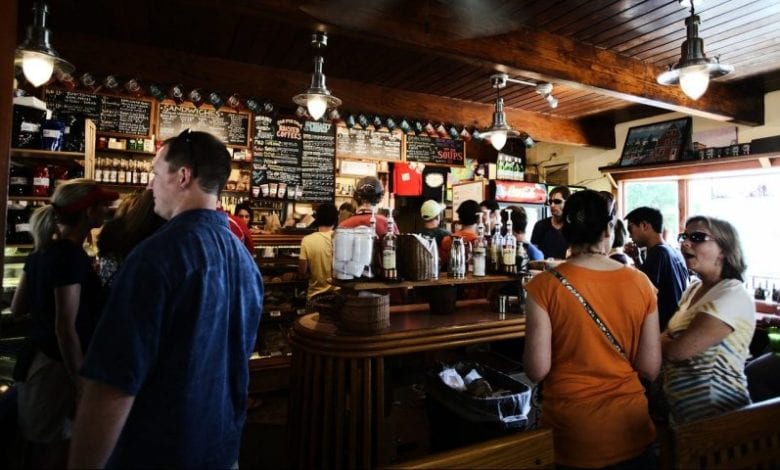Features
Dividing the regulars: controversial pub policies

Many regular customers in local pubs may feel that any newly introduced policies are unnecessary to them, and it can impact whether they choose to spend time there. From the introduction of E-cigarettes to dogs on the premises, we take a look at the top pub policies that have split opinion with some help from The Seaton Lane Inn, a pub in Seaham.
You'll need to
subscribe to unlock this content. Already subscribed? Login?











